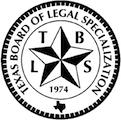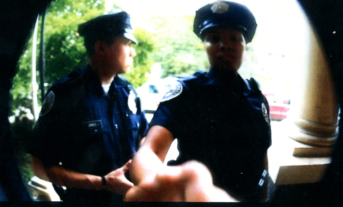People commonly believe that if they are arrested, and their Miranda rights are not read, then it will result in the entire case being thrown out. Nothing can be further from the truth. Many people believe that they can “beat the case” if the officer doesn’t read them their Miranda rights during an arrest. This is a myth.
The only time an officer must read a person his or her Miranda rights is when: (1) the person has been placed under arrest, AND (2) the officer is about to question the person about a crime. For example, if you’re placed under arrest after consenting to a search request and confessing to ownership of found contraband, police do not need to read you your rights unless they want to question you about an unrelated crime.
Miranda actually has nothing to do with the legality of an arrest. Miranda only concerns statements made after an arrest, NOT BEFORE. If you make a statement to the police before an arrest, it is considered voluntary. A voluntary statement can be used in court.
Many people mistakenly believe that their case will be thrown out of court by the Judge if the police fail to give proper Miranda warnings. It is not necessary for the police to give you Miranda warnings before you are arrested.
The Myth Surrounding Miranda
As a criminal defense attorney, a common client comment in an initial interview is something similar to “…The police never read me my rights,” or – “they didn’t read me my rights until much later after the arrest.”
Contrary to popular belief the truth is a police officer only has to read you your rights if:
(1) you have been placed under arrest, AND
(2) you are about to be questioned for a crime.
For example, if you consent to a search, drugs are found, and you are arrested, police do not need to read you your rights. Any additional information you volunteer can and will be used against you. The courts have made clear that police do not have to tell you about your right to refuse searches. Also, an officer does not need to get your consent to search in writing: oral consent is completely valid.
Another scenario for Miranda might be if the police did make a valid arrest. For whatever reason, they fail to read the suspect their Miranda warnings. During an interrogation, the individual admits to an element of the crime. This statement would not be admissible later at a trial, because the officer failed to read him the required Miranda warnings. It would not, however, lead to the entire case being thrown out based on this deficiency.
If you’re arrested, don’t rely on police to inform you of your right to remain silent and see a lawyer. Use the key phrases “I’m going to remain silent. I would like to see a lawyer.” If police persist in questioning you, repeat the key phrases. Remember that anything you say can and will be used against you in court. So don’t try to talk yourself out of the situation, and don’t make small talk with police either.






















